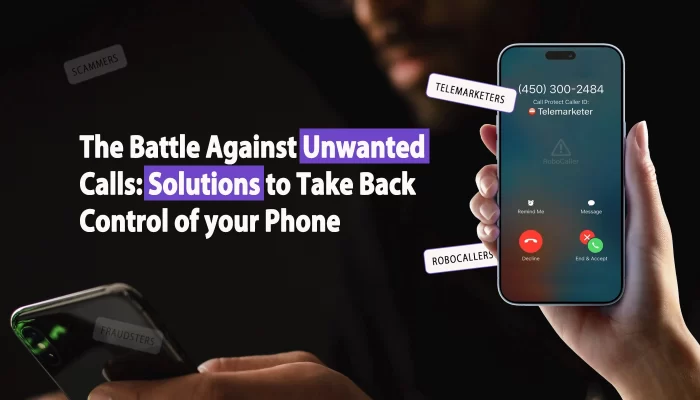IRS Scams: How to Identify Them and Protect Yourself from Fraudulent Activity

IRS scams have become increasingly common in recent years, posing a significant threat to unsuspecting victims. In these scams, fraudsters impersonate representatives from the Internal Revenue Service (IRS) and use a variety of tactics to trick people into providing personal information or making payments. In this blog post, we’ll discuss what you need to know about IRS scams, how to identify them, and what steps you can take to avoid falling victim.
How to identify IRS scams
The first step to protecting yourself from IRS scams is to know how to identify them. IRS scams can take many forms, but some common tactics include:
- Unsolicited phone calls: Scammers may call you and claim to be from the IRS, demanding that you pay back taxes immediately or risk legal action.
- Phishing emails: Scammers may send emails that appear to be from the IRS, asking you to provide personal information or click on a link that leads to a fake IRS website.
- Threats of arrest: Scammers may threaten you with arrest, deportation, or the suspension of your driver’s license or other government-issued identification.
What you need to know about IRS scams
It’s important to know that the IRS will never contact you by phone, email, or text message to demand payment or personal information. The IRS typically communicates with taxpayers by mail, so if you’re unsure whether a call or message is legitimate, ask the caller to send you a letter. Additionally, the IRS will never ask for payment using gift cards or other non-traditional methods.
How to avoid IRS scams
To avoid IRS scams, there are several steps you can take:
- Do not provide personal information: Never provide personal information, such as your social security number or bank account information, to anyone who contacts you unexpectedly, even if they claim to be from the IRS.
- Hang up and call the IRS directly: If you receive a call or message from someone claiming to be from the IRS, the best course of action is to hang up and call the IRS directly. You can call the IRS at 1-800-829-1040 to verify whether the call or message is legitimate.
- Report suspicious activity: If you receive a suspicious call or message, report it to the IRS by forwarding the message to phishing@irs.gov or by calling the Treasury Inspector General for Tax Administration (TIGTA) at 1-800-366-4484.
- Use call-blocking technology: To further protect yourself from IRS scams, consider using call-blocking technology. Many mobile phone providers offer call-blocking services that can automatically block calls from known scammers. You can also download call-blocking apps for your smartphone that use machine learning to identify and block suspicious calls.
- Use reverse phone lookup services: You can use reverse phone lookup services to identify unknown phone numbers that may be associated with IRS scams. These services can help you determine whether a call is legitimate or from a known scammer.
IRS scams can be a serious threat, but by understanding how to identify them, knowing what you need to know about the IRS’s communication practices, not providing personal information, hanging up and calling the IRS directly, reporting suspicious activity, and using call-blocking technology and reverse phone lookup services, you can protect yourself from this type of fraud. Remember to always be cautious when receiving unsolicited calls or emails from the IRS, and take the necessary steps to verify their identity before providing any personal information or payment.




Comments 0